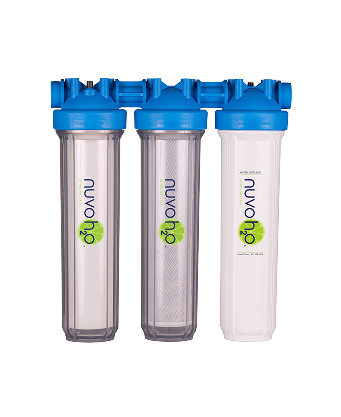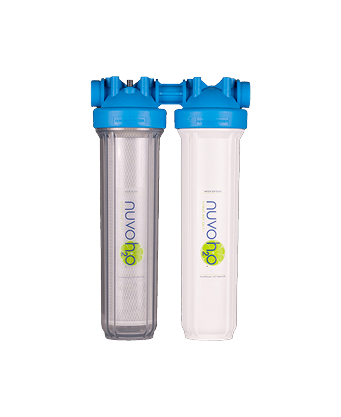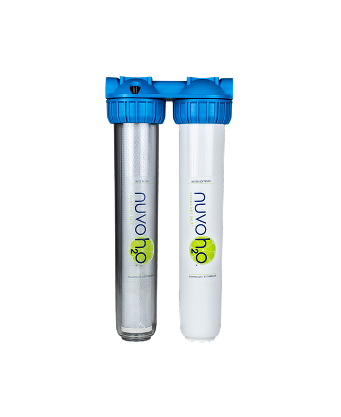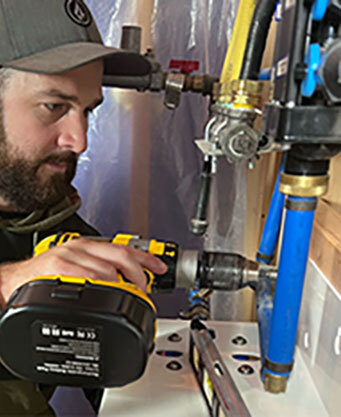
The Pros and Cons of Different Types of Salt-Free Water Softeners
12th Jul 2023
Water softeners are a necessary addition to any home that suffers from hard water. Hard water is caused by the presence of minerals, like calcium and magnesium, in the water supply. These minerals can cause damage to appliances, plumbing fixtures, and even clothing over time. Luckily, installing a whole-home softener system can make sure your home stays safe and prevent limescale buildup.
For those who are looking to avoid the use of salt-based water softeners, there are several types of salt-free water softener systems available. Each type has its pros and cons, so it's important to understand how they work before making a decision. Our team at NuvoH2O is here to provide a breakdown of the different types of salt-free water softener systems. Learn more and get in touch with our team to find your salt-free water softener today!
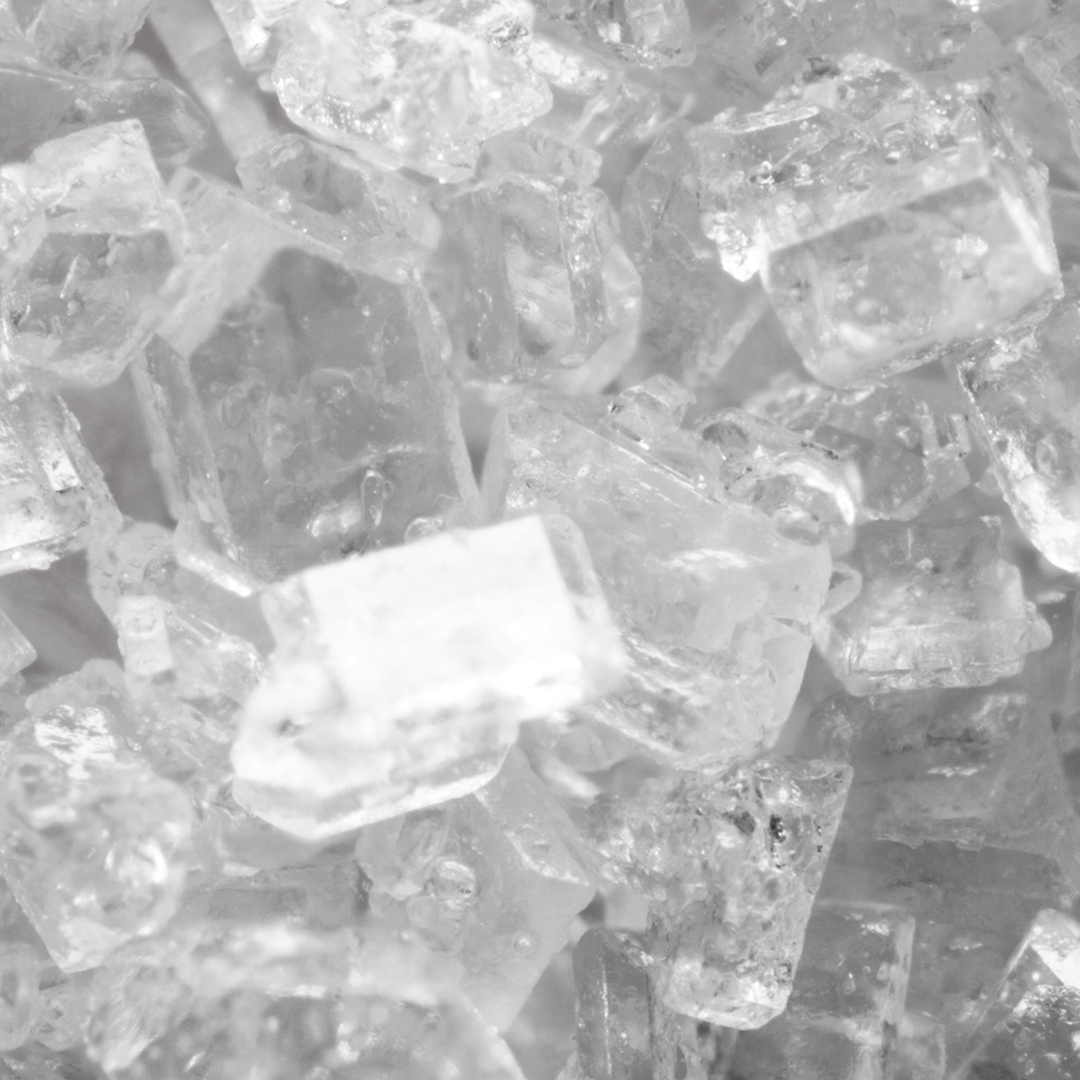
Template-Assisted Crystallization (TAC)
Template Assisted Crystallization (TAC) is one common type of salt-free water softener. This system works by using a specialized template that helps to convert the calcium and magnesium minerals in hard water into harmless microscopic crystals. These crystals are too small to cause any damage, meaning your home won't suffer from mineral buildup or limescale. TAC systems require minimal maintenance and can be installed quickly and easily. However, they are more expensive than other salt-free water softeners.
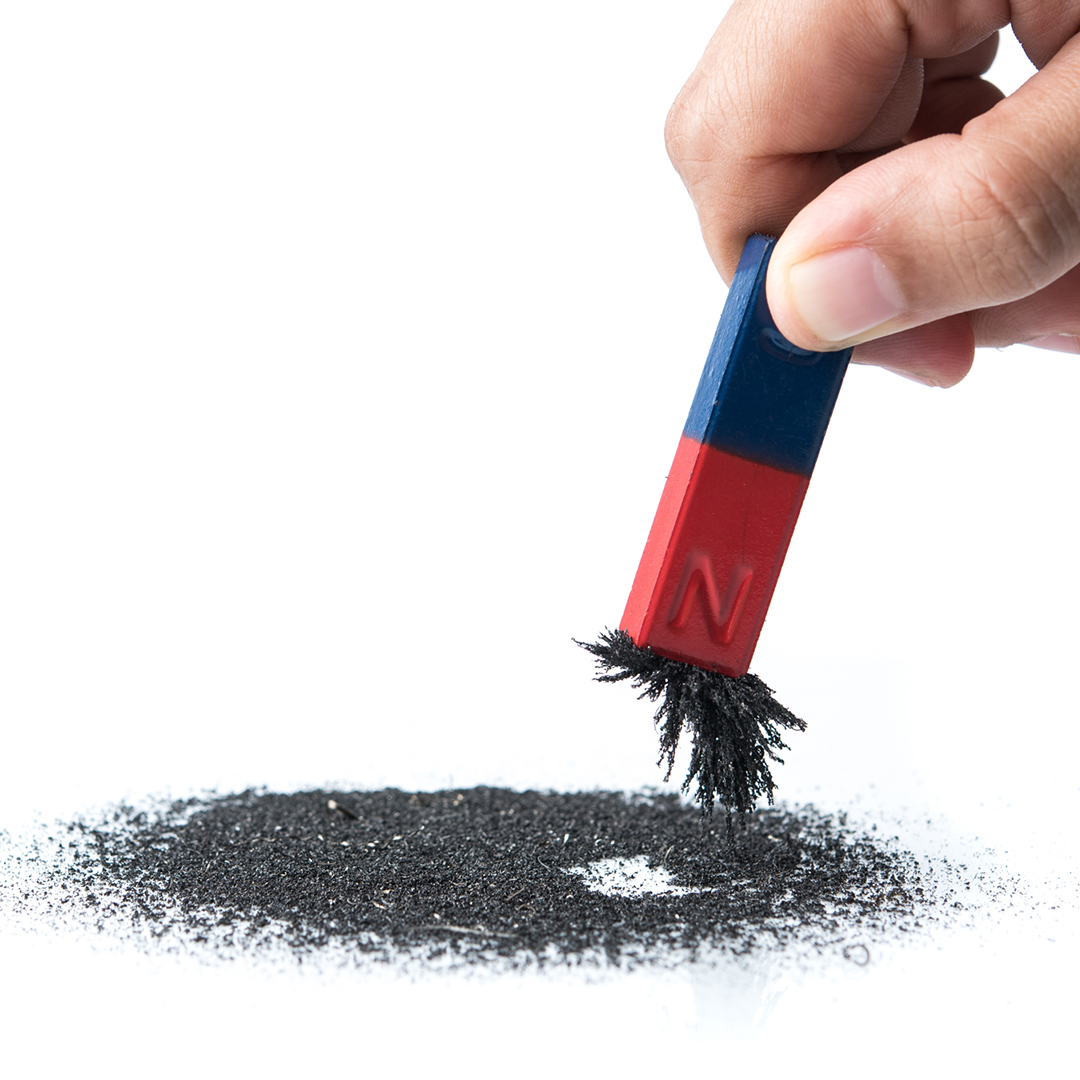
Magnetic Water Treatment
Magnetic water treatment is another type of salt-free softener system. This method uses a specially designed magnet to alter the structure of the minerals in hard water, making them less likely to cause limescale buildup. The magnetic field generated by this device can last for years and requires little maintenance once installed. However, some people may find the cost of magnetic water treatment to be too expensive for their budget.

Reverse Osmosis (RO)
Reverse osmosis is a salt-free technology that uses a semi-permeable membrane to filter hard water minerals out of the water. While reverse osmosis is highly effective at removing minerals and other substances from water, it is not typically recommended for whole-house softening, as it can be expensive and wasteful. RO systems require a significant amount of water to be flushed away as part of the softening process, which can lead to high water bills and other issues.
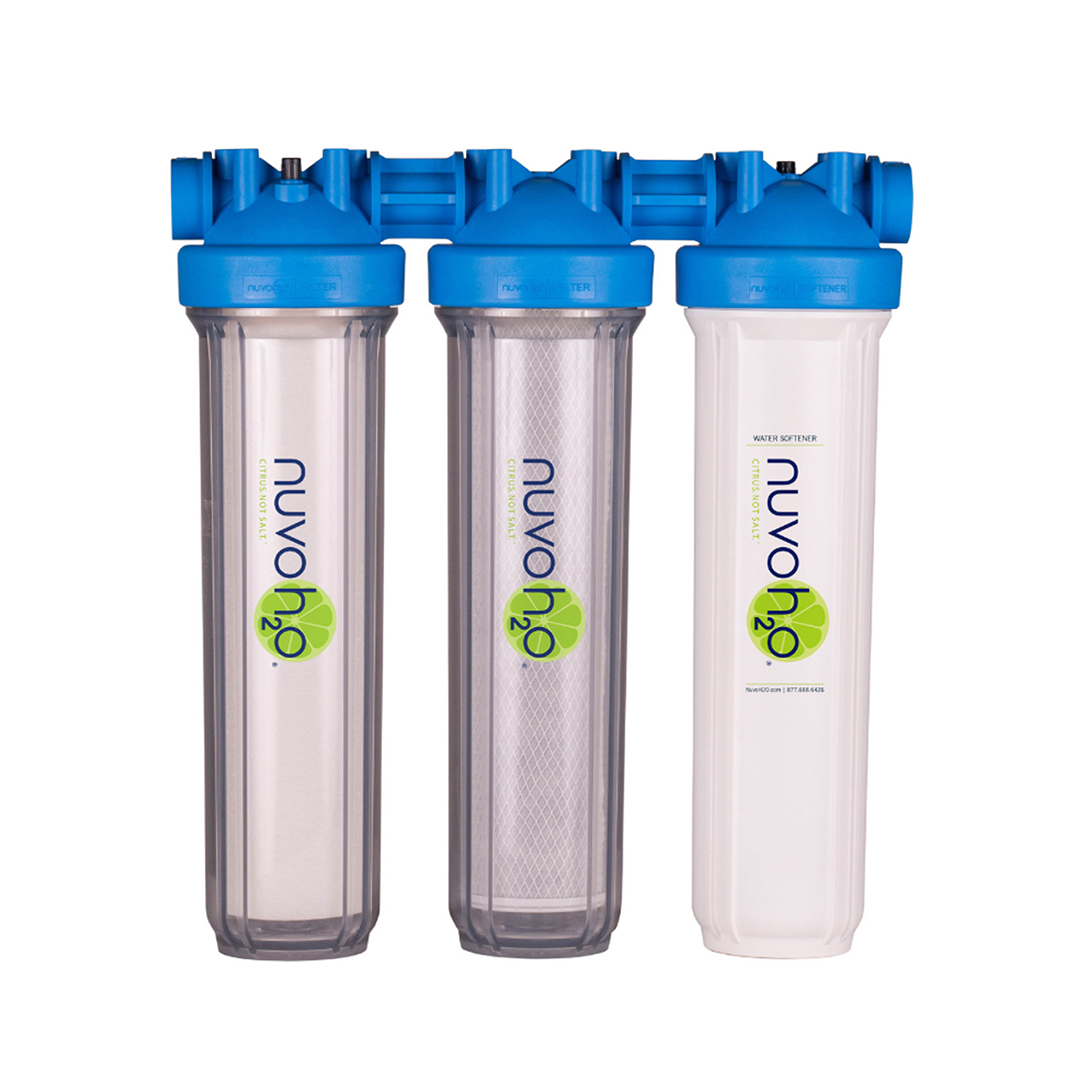
Chelation Systems
One type of salt-free water softener that is becoming increasingly popular is chelation systems. These systems use a chemical process called chelation, which binds minerals like calcium and magnesium into harmless molecules. This prevents hard water from causing damage or buildup in your home. Chelation systems are relatively easy to maintain and use little energy, making them a great option for those looking for an efficient and cost-effective way to soften their water.
When it comes to choosing a salt-free water softener system, there are several options available that can work well for any home. Our team at NuvoH2O offers chelation systems to help you get the most out of your water-softening system. We use a unique technology that utilizes citric acid as a chelation agent to bind minerals in the water, rather than removing them, providing you with soft and clean water for years to come. With chelation systems, you can enjoy the benefits of soft water without having to worry about limescale buildup or expensive salt-based treatments.
No matter what type of salt-free water softener system you choose, make sure it fits your budget and lifestyle. Get in touch with our team to find your whole-home water softener or learn more about how our chelation systems can help you get rid of your hard water problems today!

